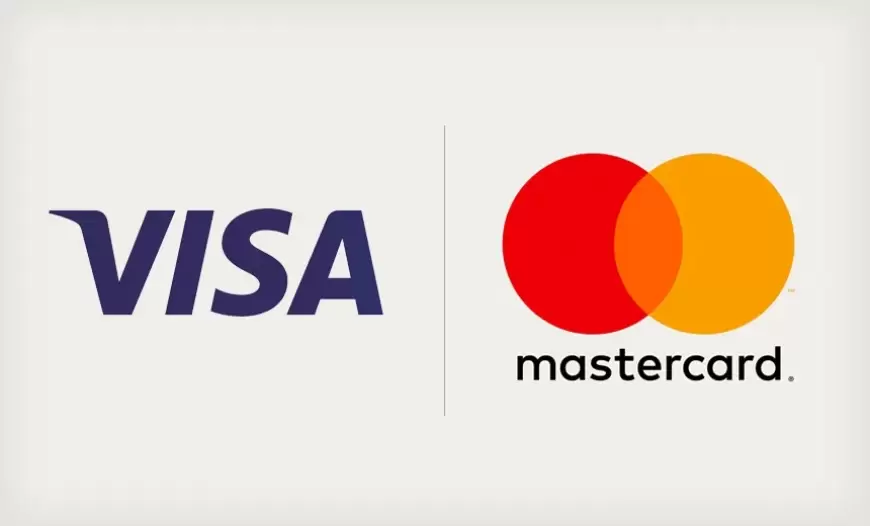Visa and Mastercard Slash Swipe Fees: What it Means for US Banks
Learn how Visa and Mastercard's swipe fee reduction affects US banks. Discover the impact on earnings and industry dynamics in simple terms.

Wall Street analysts foresee a minor earnings dip for U.S. banks following a $30 billion settlement aimed at curbing credit and debit card fees imposed on merchants by payments giants Visa and Mastercard.
The antitrust settlement, unveiled on Tuesday, stands as one of the largest in U.S. history, potentially resolving a nationwide litigation spanning nearly two decades.
These swipe or interchange fees, typically comprising fixed fees plus a percentage of total sale amounts, average around 1.5% to 3.5% per transaction, as per Bankrate.com.
J.P.Morgan estimates an initial impact of 1%-2% on earnings per share (EPS), pending mitigation efforts using retail card volumes, with interchange fees varying widely by transaction.

Potential Risks:
Evercore ISI brokerage notes that while the fee reduction and capping affect issuing banks that rely on such charges for revenue, it may not significantly affect Visa and Mastercard financially. Merchants might also encourage cash or cheaper debit transactions with the lifting of anti-steering restrictions and competitive pricing.
Settlement Terms:
Under the terms, Visa and Mastercard commit to slashing swipe rates by at least four basis points for three years and ensuring an average rate seven basis points below the current average for five years.
Analyst Expectations:
Wall Street anticipates banks to absorb much of the revenue loss by sharing the impact with card networks and reducing reward expenses. Although interchange fees remain undisclosed by most large banks, these fees fluctuate based on card types.
Potential Industry Ramifications:
TD Cowen analysts highlight potential objections from small banks and credit unions to the deal, fearing it could empower large retailers like Walmart to negotiate discounts with mega banks for exclusive credit card deals, impacting smaller players.
The brokerage also flags the settlement as a risk to Capital One's $35 billion acquisition of Discover Financial, subject to stringent antitrust scrutiny. A larger Capital One might leverage its card issuance dominance to secure discounts and expand its customer base.
Also Read: 17 Epic Ways to Make Money Online and Live Your Dream Life in 2024
































































